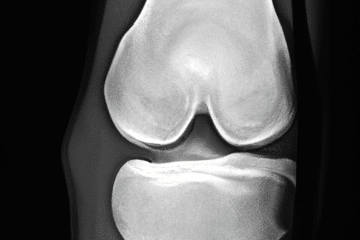
Metabolic syndrome is a cluster of risk factors that increases the likelihood of developing chronic diseases such as diabetes, heart disease, and stroke. These risk factors include high blood pressure, high blood sugar, excess body fat around the waist, and abnormal cholesterol levels.
The impact of metabolic syndrome on frailty, independence, cognition, and longevity is significant and concerning. Frailty is a condition characterized by a loss of strength and mobility, making it difficult for individuals to perform everyday activities such as walking, climbing stairs, and carrying groceries. Research has shown that individuals with metabolic syndrome are more likely to develop frailty and disability than those without metabolic syndrome, potentially leading to a loss of independence and reduced quality of life.
Cognition, or mental function, is also negatively affected by metabolic syndrome. Studies have shown that individuals with metabolic syndrome are at increased risk of developing cognitive decline and dementia, potentially leading to a loss of memory, concentration, and decision-making ability. This can have a significant impact on an individual’s ability to live independently and manage their own health and daily activities.
As discussed in my book, Longevity, or lifespan, is also impacted by metabolic syndrome. Individuals with metabolic syndrome are at increased risk of developing chronic diseases such as diabetes and heart disease, which can lead to premature death. Research has shown that individuals with metabolic syndrome have a higher risk of mortality than those without metabolic syndrome, potentially leading to a reduced lifespan and a decreased number of healthy years (healthspan).
Overall, the impact of metabolic syndrome on frailty, independence, cognition, and longevity is significant and underscores the importance of addressing and managing this condition. By making lifestyle changes such as eating a healthier diet, exercising regularly, and achieving and maintaining a healthy weight, individuals can reduce their risk of developing metabolic syndrome and its associated health complications. It is also important to receive regular check-ups and screenings to monitor for the presence of metabolic syndrome and its risk factors, and to seek medical treatment if necessary. By taking these steps, individuals can improve their health and well-being and potentially reduce their risk of frailty, cognitive decline, and premature death.
Do you have questions regarding an Orthopedic injury or longevity?
Do you want to talk to an expert who can listen to you for 45-60 minutes and explain the options in detail?
Dr. Howard Luks offers remote guidance sessions to review your X-ray or MRI images and explain your options.
Dr. Luks has also received hundreds of requests for educational sessions on the topics discussed in his book, Longevity Simplified.











